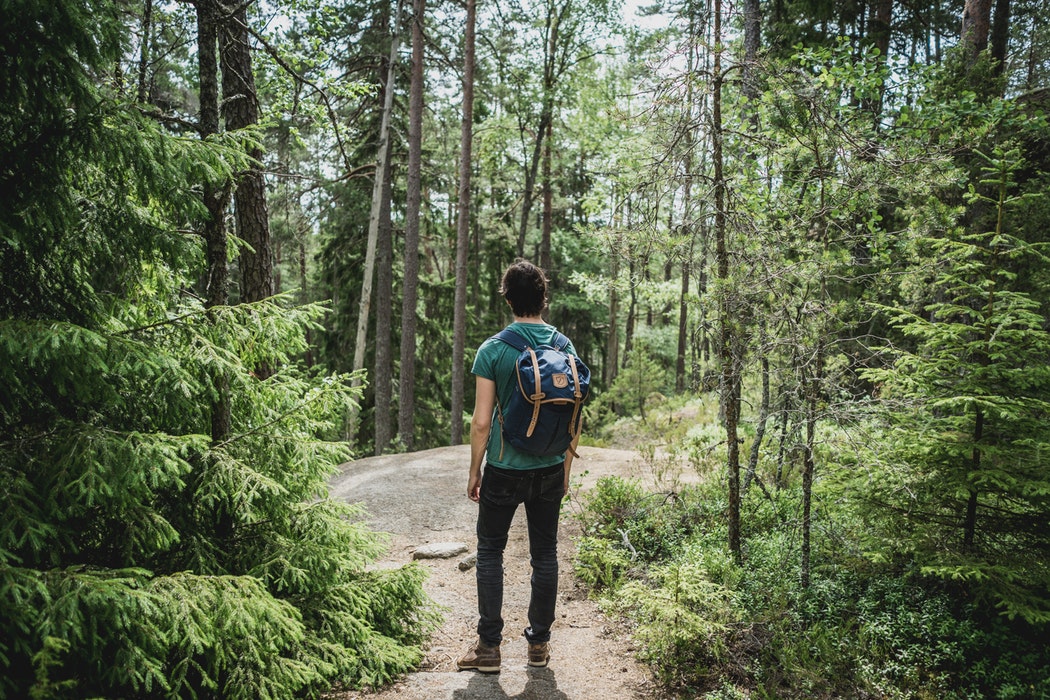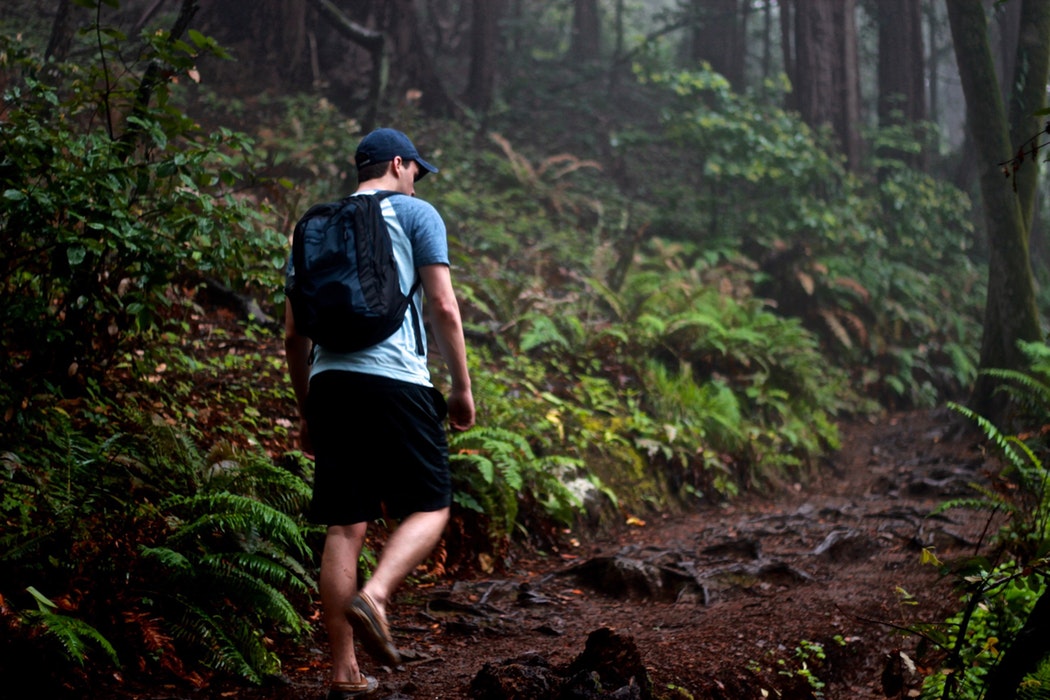
Everywhere is a toilet for hikers? Don’t be fooled, as this may only apply for urine, and not long calls. You want to prevent the spread of diseases, such as giardiasis and diarrhoea, and avoid creating something which looks terrible in the eyes of other people. But how you do the transition from your comfortable sit-down toilet to nature’s call deep in the woods?
Pooping in the Woods
Common sense plays a big role when answering nature’s call in the forest or open areas. Confirm your land stewardship and other ecosystem regulations to confirm if you should pack out or bury your poo. The simplest and best way to do it is to pack your waste and dispose of it in your toilet when you get home. But if this feels gross, there are toilet essentials for hikers, and they include:
1. Walk for about 100 metres away from the trail. Make sure that you’re not near any water sources.
2. Improvise the materials you’ve got and dig a hole that’s more than six inches deep.
3. Ease yourself
4. Wipe off the waste with toilet paper and pack it in your  bag. Alternatively, you may find local vegetation to wipe off the waste. You can dump the vegetation in the hole to speed up decomposition.
bag. Alternatively, you may find local vegetation to wipe off the waste. You can dump the vegetation in the hole to speed up decomposition.
5. Fill the hole with dirt and soil, and ensure that it’s not indifferent to the rest of the environment.
Urinating When Hiking
Peeing isn’t a big deal or as disgusting as defecating. You can gracefully pee in a bottle and carry it home. But given that urine isn’t that poisonous, you may easily move a few metres away from the trail to ease yourself. Don’t pee on animals or insects.
Menstruating and Hiking
You want to avoid hiking if you’re on your period. However, the process is natural and may not always signal its arrival. Menstruating outdoors is no big deal, though, especially if you’ve pads. Always carry the unscented variety and pack out the used pads. Most tampons and pads don’t decompose quickly, and you don’t want to pollute the environment. Clean up before putting on a new pad. You may use toilet paper or rinse yourself with a little water and blot using cotton wool or a dry cloth. Also, pack the material you use to clean yourself for disposal in your home.
